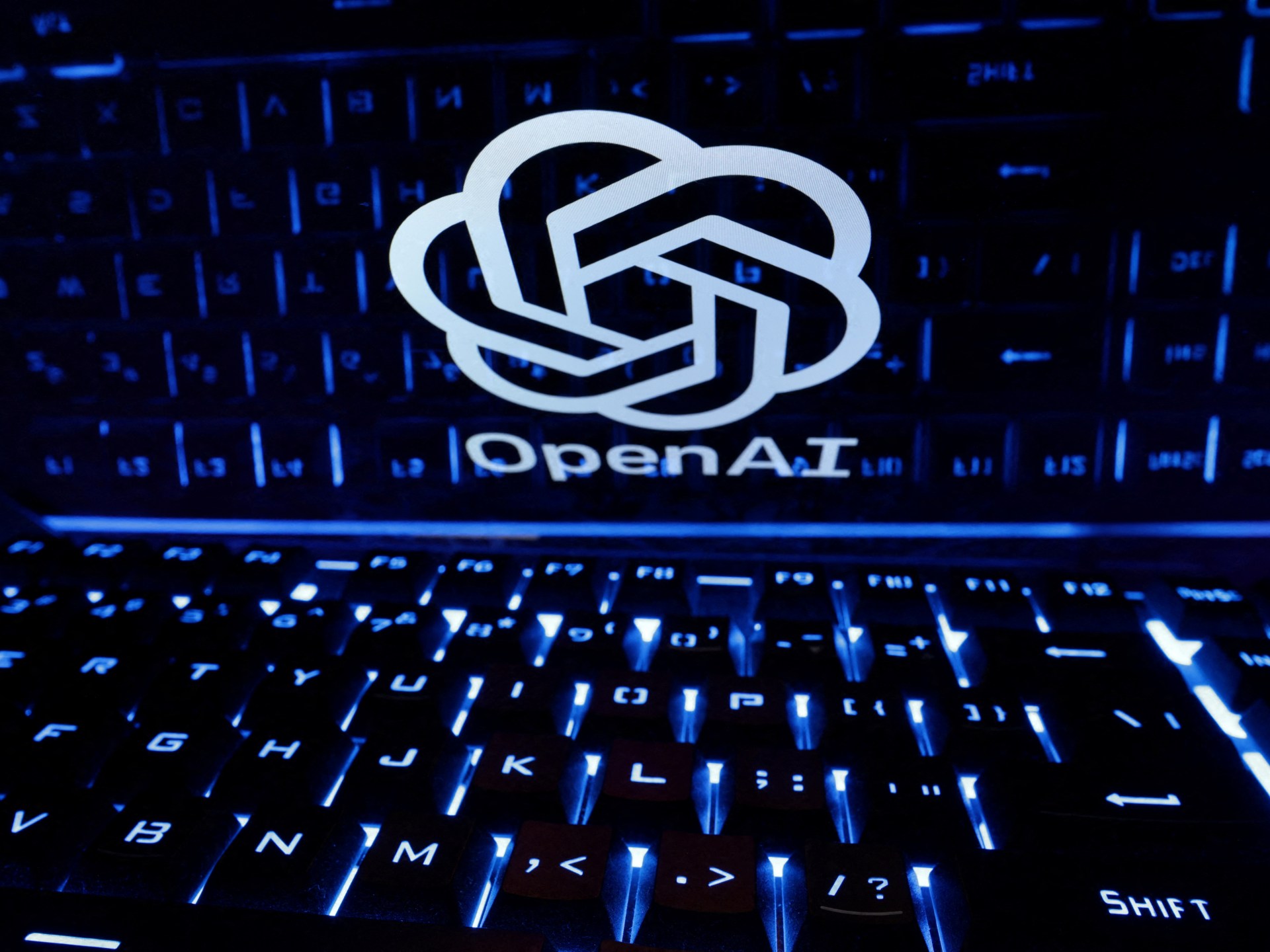At the conclusion of December, a peculiar video featuring a Republican congressman from Virginia began circulating widely on the internet.
Based on the outcome of the national election on the island, Rob Wittman seemed to pledge military assistance for Taiwan. According to a fact-check released by Agence France-Presse in January, the Chairman of the House Armed Services Committee purportedly made the following statements in the video:
If Lai [Ching-te] and Hsiao [Bi-khim] were elected president, the United States would expedite all arms sales to Taiwan, deploy experienced US military personnel to assist in Taiwan’s training, and extend an invitation for the Taiwanese military to engage in training in the United States to enhance self-defense capabilities.
Upon the discovery of the video, Wittman’s team promptly denounced it as misinformation, as reported by USA Today. Wittman expressed concerns that the widespread dissemination of false information reflects attempts by criminal entities to disrupt political processes globally, heightening his apprehensions regarding the upcoming US elections.
In a speech, Wittman emphasized the urgent need for Congress to establish regulations governing the responsible utilization of artificial intelligence. He underscored the growing threat posed by deepfakes that could potentially influence US elections as AI technology advances.
Due to the absence of federal legislation regulating AI-generated content in anticipation of the upcoming election cycle, individual states have been compelled to devise a patchwork of guidelines for candidates and campaigns.
Several proposals introduced in Virginia prior to the commencement of the legislative session aim to leverage new technologies. These initiatives range from establishing research bodies or commissions to assess and preempt potential risks to advocating for the regulation of AI-generated content to curb undesirable applications of such systems. However, as of early February, none of these proposals had progressed beyond the initial stages of deliberation within their respective committees.
Implementation of AI Policy in Virginia Progresses Gradually
State Senator Suhas Subramanyam, D-Ashburn, authored a bill to establish a joint commission tasked with addressing these issues. While acknowledging the benefits of AI in societal contexts, Subramanyam emphasized the need to mitigate unforeseen consequences associated with its application.
Drawing from his experience as a technology aide in the Obama administration, Subramanyam, who assumed office in 2019, advocated for proactive policymaking to address the ramifications of emerging technologies on American society.
The envisioned role of the joint commission would encompass evaluating the impact of AI-generated deepfakes, misinformation, and data privacy concerns. Additionally, it would offer recommendations to counter biases stemming from new technologies and explore ways to leverage AI for improved governmental services and planning. The bill was referred to the Senate Finance and Appropriations Committee for further consideration.
Various legislative proposals in Virginia focus on regulating technology developers, conducting impact assessments prior to the deployment of AI by public figures, and prohibiting the creation and dissemination of deepfake content. These initiatives underscore the growing recognition of the need to address the challenges posed by AI in the political domain.
Senator Bryce Reeves, R-Orange County, introduced legislation aimed at curbing the proliferation of deepfakes following revelations of issues within the music industry. Reeves’ bill seeks to prohibit the creation or sharing of deepfake images, videos, or audio without the subject’s consent, providing legal recourse for victims. Reeves emphasized the importance of balancing technological advancements with ethical considerations to prevent misuse.
Carter and Subramanyam stressed the necessity of establishing clear guidelines for leveraging innovative technologies in electoral processes. Virginia’s history of embracing new technologies for societal benefit underscores the importance of responsible AI utilization.
Virginia Case Study: AI-Generated Campaign Correspondence
During the 2023 General Assembly election in Virginia, Tech for Campaigns conducted an experiment to assess the efficacy of AI in enhancing state and local campaign fundraising efforts.
Tech for Campaigns provided volunteer support to 36 diverse campaigns during the election, comparing the effectiveness of AI-assisted fundraising emails with those crafted by humans. The findings revealed that AI-aided emails yielded 3.5% to 4.4% more fundraising per work hour compared to traditional human-authored emails. Each AI-generated message underwent human review before dissemination to voters, ensuring quality and accuracy.
Jessica Alter, co-founder and board chair of Tech for Campaigns, highlighted the efficiency gains achieved through AI-assisted fundraising emails. By streamlining the fundraising process, campaigns could allocate resources more effectively towards voter engagement activities.
Tech for Campaigns, established in 2017, aims to leverage cutting-edge technologies to support Democratic campaigns and combat extremism. While acknowledging the potential risks associated with AI, the organization advocates for responsible experimentation and education to harness the transformative power of technology in the political arena.
Tech for Campaigns plans to collaborate on 180 state-level legislative campaigns across 14 states in 2024, underscoring the growing role of technology in modern political campaigns.
Delays in Governmental AI Regulation Efforts
At the federal level, efforts to enact AI regulations have lagged behind state initiatives. In Congress, two bills introduced in 2023 aimed at regulating AI-generated content in political campaigns.
One bill, introduced by Rep. Yvette Clarke, D-New York, in May, sought to enhance campaign ad disclosure requirements by mandating transparency on the use of AI in creating videos or images. Another bill, led by Sen. Amy Klobuchar of Minnesota and introduced in September, proposed banning the use of AI in social media advertisements.
Rep. Ted Lieu, D-California, introduced a bill in June, co-sponsored by Wittman, to establish a national committee focused on regulating AI technology. However, the bill has yet to progress beyond the initial stages.
Rep. Don Beyer, D-Virginia, emphasized the bipartisan nature of discussions surrounding AI policy, highlighting the need for comprehensive legislation to govern the use of AI technologies. Beyer’s advocacy for AI regulation stems from his pursuit of a master’s degree in artificial intelligence and machine learning, underscoring the importance of informed policymaking in this rapidly evolving field.










